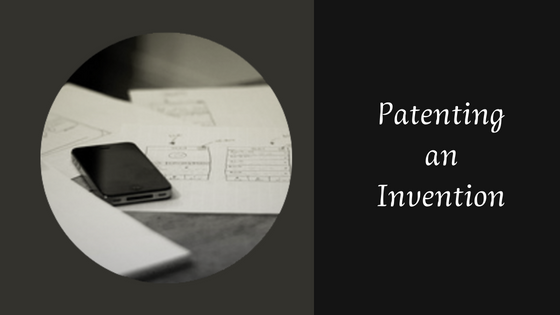If you’re an inventor, chances are you’ve thought of more than one idea that could make a lot of money. The problem is, most people don’t know how to turn those ideas into reality. In fact, many inventors don’t even realize that they need a prototype for their invention idea before they can sell it or license it to manufacturers.
Consulting With Professionals
There are many patenting agencies, like InventHelp – one of the best invention companies, that can help you with your idea. They will review your invention and determine if it’s marketable, as well as how much money it could make if marketed correctly. If they like what they see, they will help you transform your idea into a prototype so that manufacturers can evaluate it.

Why Do You Need a Prototype?
Prototypes are a key part of the invention process, helping you to test and refine your idea. Even if you don’t plan to patent your invention, you’ll need to create a prototype before you can market or sell it. Prototypes allow you to test the feasibility of your invention and identify any potential problems. It’s also important to create a prototype if you plan to patent your invention. A prototype can help demonstrate the utility and novelty of your invention, which is a key requirement for patentability.
How Do You Build a Prototype?
Building a prototype for your invention idea can be a challenging task. You’ll need to have a good understanding of the materials and tools you’ll need to build the prototype. It’s often a good idea to consult an experienced engineer or technician for help with the design and construction of the prototype. You may also want to seek help from a patent agency, such as InventHelp for assistance with prototype creation and patenting. A prototype is an essential tool for demonstrating the utility and novelty of your invention idea. It can help convince investors, manufacturers, and retailers to invest in your product idea.
Conclusion
Prototypes are an important part of the invention process, whether you plan to patent your invention or not. Building a prototype can help you to test and refine your invention idea, and prove the utility and novelty of your invention. It’s often a good idea to seek help from an engineer or technician when building a prototype, and to consult a patent attorney or an agency, like InventHelp, if you plan to patent your invention.